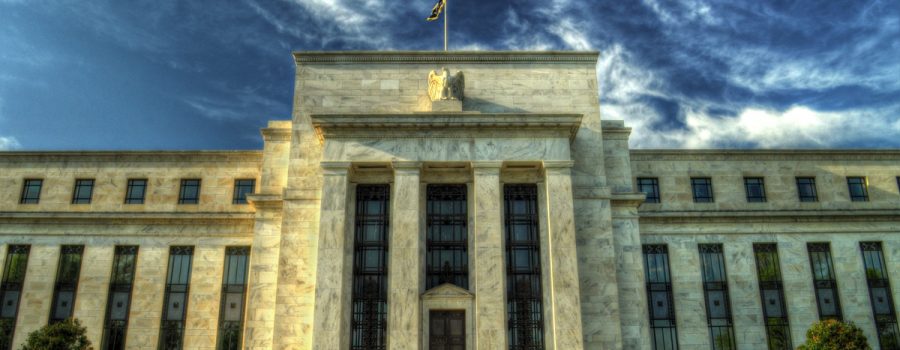by
Controversial legislation to subject the Federal Reserve’s monetary policy powers to outside scrutiny is getting new life in Washington.
Rep. Thomas Massie (R-Ky.) and Sen. Rand Paul (R-Ky.) have re-introduced legislation to “Audit the Fed,” after a similar effort stalled in the last Congress.
The Hill reports that the proposal, which has been vocally opposed by Federal Reserve Chairwoman Janet Yellen, faces its best odds ever of becoming law. Both chambers are controlled by Republicans long critical of the Fed’s policies, and President-elect Donald Trump has heaped scorn on the central bank since the beginning of his presidential campaign.
Paul specifically mentioned Trump in a statement about the bill Wednesday, making clear the measure’s proponents believe they have an ally in their cause coming to the White House.
President-elect @realDonaldTrump has stated his support for #AuditTheFed. Let’s send him the bill this Congress. https://t.co/1twVBMv37u
— Rand Paul (@RandPaul) January 4, 2017
Under the bill, the Fed’s monetary policy deliberations could be subject to outside review by the Government Accountability Office.
Proponents of the measure argue that the Fed is too powerful and lacks sufficient oversight for its interest rate decisions. But Fed officials from Yellen on down, as well as other critics, have warned that such a policy could subject the Fed to undue political pressure and discourage it from taking unpopular steps for the good of the overall economy.
The proposal has garnered some bipartisan support and has passed the House several times in past Congresses.
But the measure has typically stalled in the Senate. Senate Democrats refused to bring up the bill for consideration when they controlled the chamber, and senators rejected the bill in 2016 after it was brought up by the new GOP majority.
Two non-Republican senators — Bernie Sanders (I-Vt.) and Tammy Baldwin(D-Wis.) — voted for the measure then. Only one Republican, Sen. Bob Corker (Tenn.), opposed it.
But the situation is different in 2017, as lawmakers who assumed President Obama would veto any “Audit the Fed” legislation in the past now are anticipating a White House with a vocal Fed critic at the helm.
Trump singled out the Fed frequently for criticism during the presidential campaign, arguing during presidential debates that the institution was deliberately keeping interest rates low for Obama’s political benefit.
Fed officials are fiercely protective of their reputation as pursuing policies free of political motivation, and Yellen has shot down any notion of partisan intent in its policymaking.
But lawmakers hoping to overhaul how the Fed does business see an opening in 2017.
“It is time to force the Federal Reserve to operate by the same standards of transparency and accountability to the taxpayers that we should demand of all government agencies,” said Massie.

